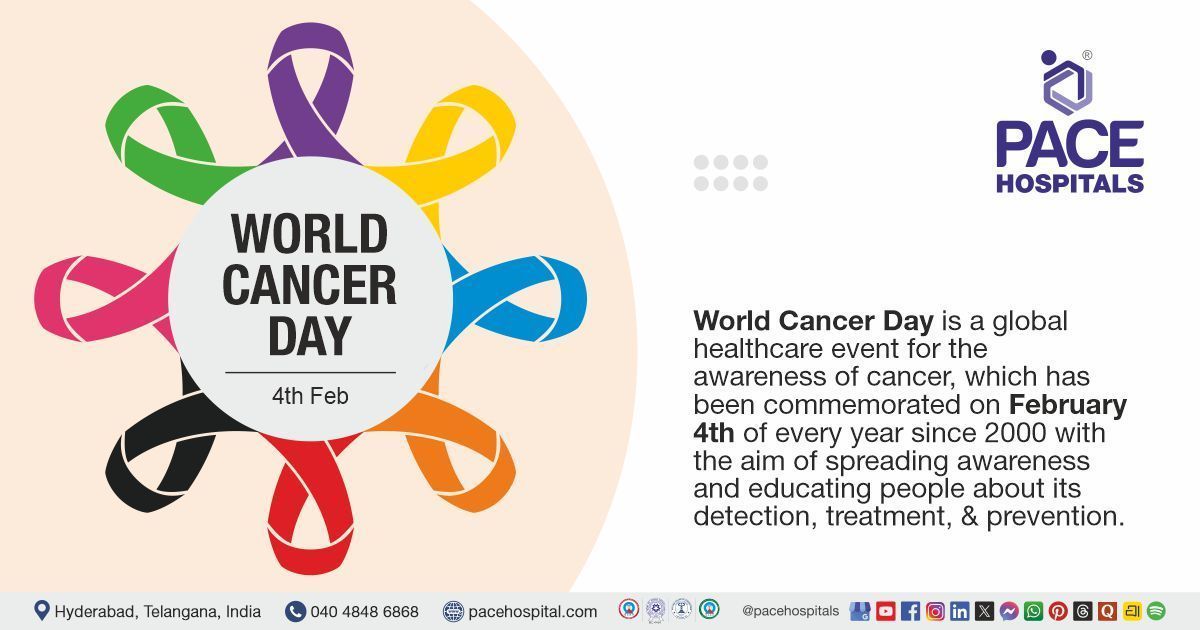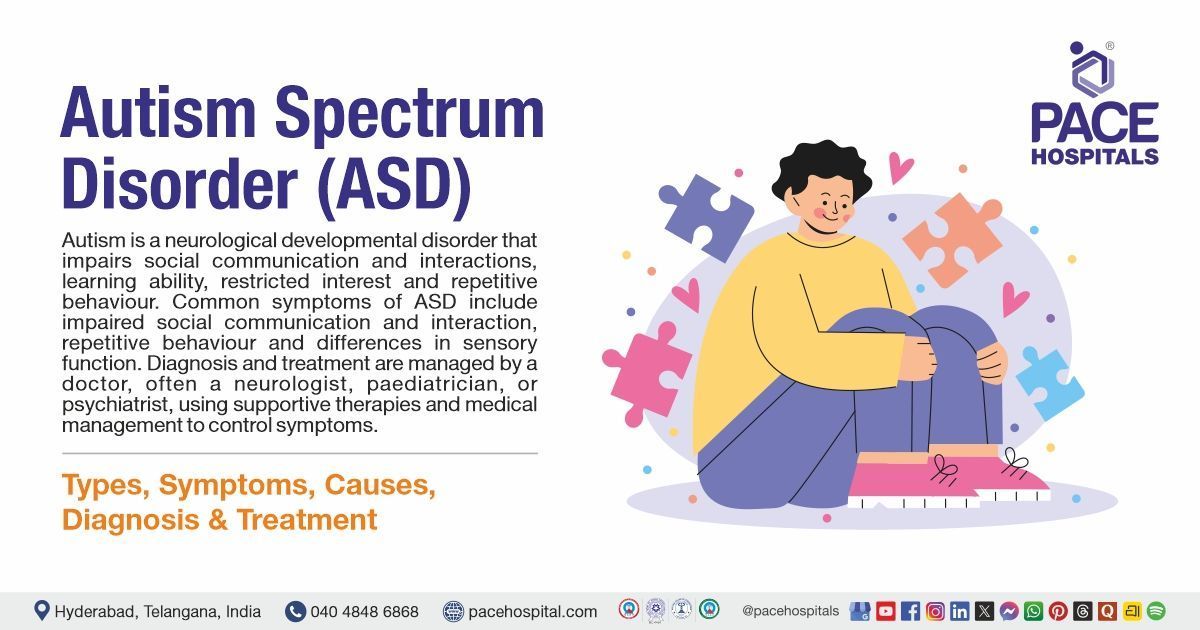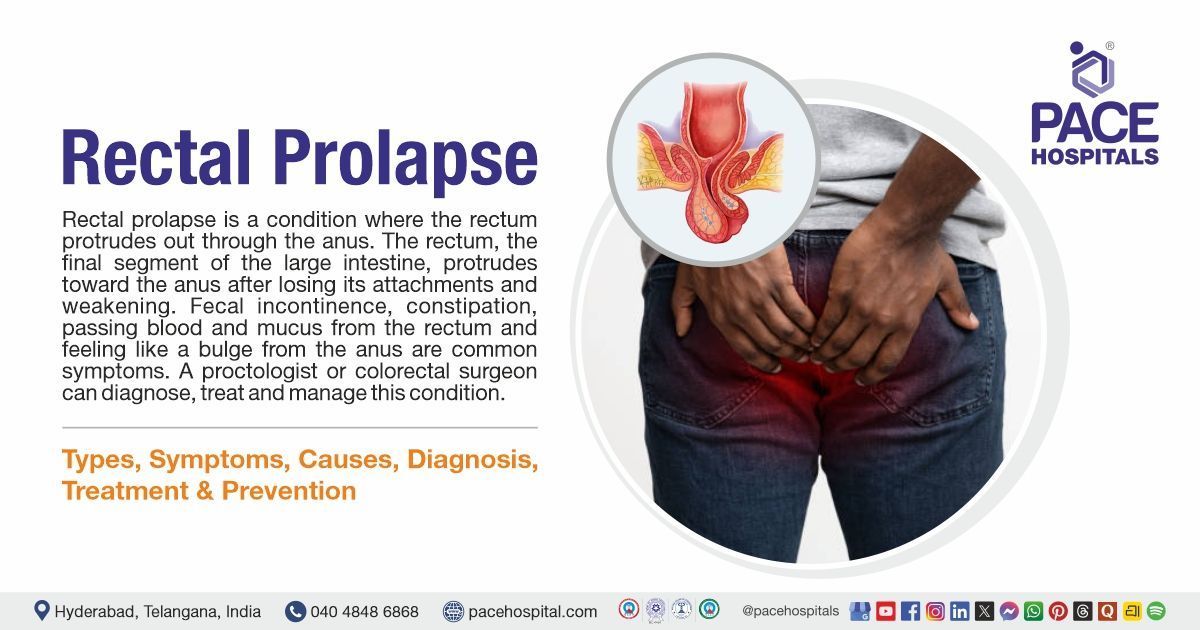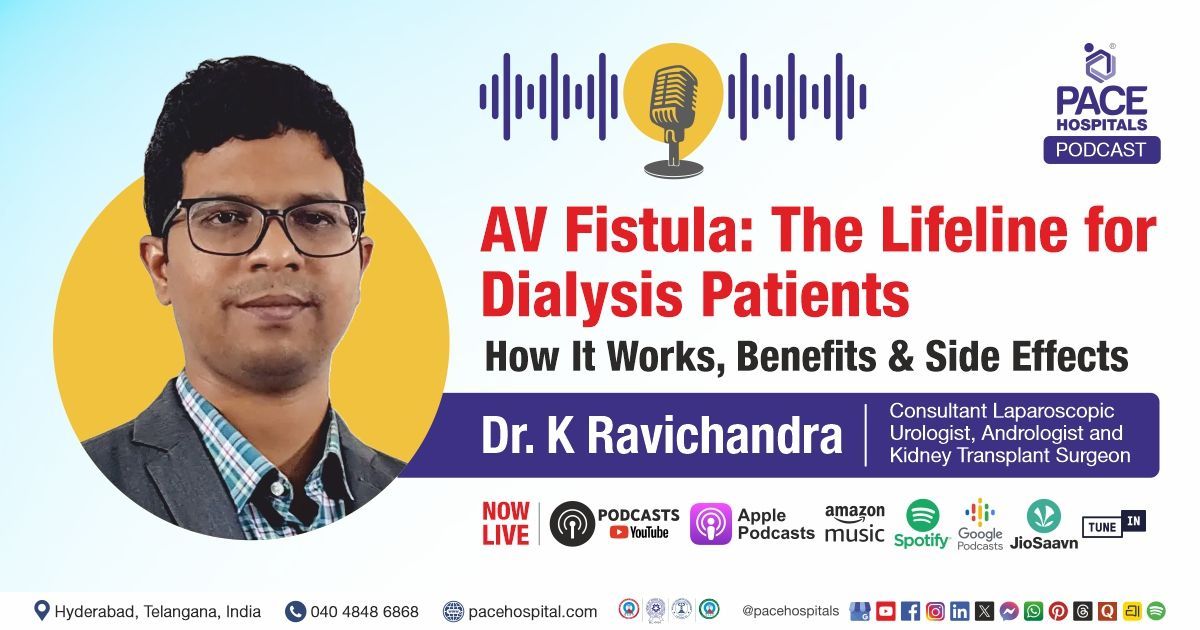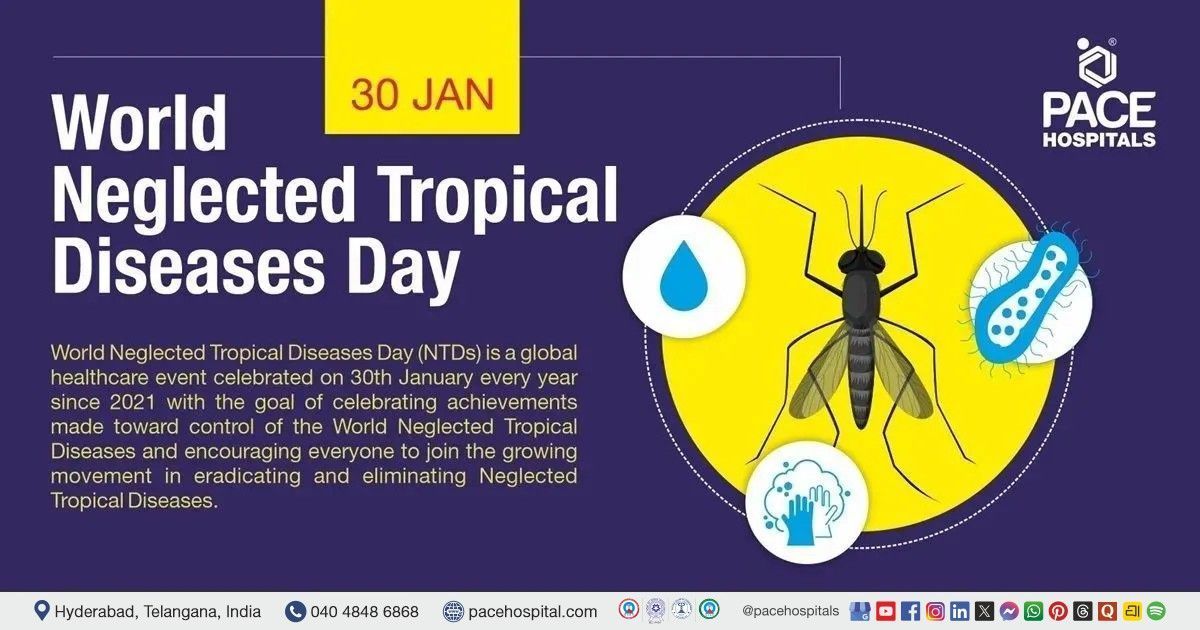Bile Duct Cancer (Cholangiocarcinoma) Explained – Causes, Symptoms & Treatment
PACE Hospitals
Written by: Editorial Team
Medically reviewed by: Dr. Govind Verma - Senior Consultant Gastroenterologist & Hepatologist
Overview
Cholangiocarcinoma, commonly known as bile duct cancer, it is rarely observed but it spreads aggressively being malignant arising from the epithelial cells of the biliary tree. It may occur inside the liver (intrahepatic) or in the extrahepatic bile ducts (perihilar/hilar or distal).
Because symptoms often appear late, cholangiocarcinoma is frequently diagnosed at advanced stages. At PACE Hospitals, Hyderabad, our hepatology, surgical oncology, and interventional radiology teams work together to provide early detection, multidisciplinary treatment, and personalized care for patients with bile duct cancer.
In this comprehensive guide, you’ll learn about causes, risk factors, types, symptoms, diagnosis, and modern treatment options for cholangiocarcinoma — with the emphasis on how PACE Hospitals addresses them.
Causes & Risk Factors
The exact and particular cause of bile duct cancer is often unknown, but several factors increase the likelihood:
- Primary sclerosing cholangitis (PSC): This chronic inflammatory disease markedly raises risk.
- Liver fluke infections (e.g. in parts of Asia) — associated with chronic biliary irritation.
- Chronic biliary inflammation or obstruction
- Chronic viral hepatitis (B, C) and cirrhosis
- Congenital biliary abnormalities (e.g., choledochal cysts)
- Exposure to toxins and metabolic risks may also contribute
- Age and gender: More common in individuals over 60; men slightly more affected.
Because many of these risk factors involve chronic injury to the biliary tract, persistent inflammation is thought to drive the transformation of normal cells to cancerous ones over time.
Types of Cholangiocarcinoma
Classification depends on where the tumor originates in the biliary tree:
- Intrahepatic cholangiocarcinoma (iCCA): Tumors within the liver’s bile duct branches.
- Perihilar (hilar) cholangiocarcinoma (pCCA / Klatskin’s tumor): Arises where left and right hepatic ducts join just outside the liver.
- Distal (extrahepatic) cholangiocarcinoma: Tumors in the common bile duct downstream, closer to the intestine.
These anatomical differences influence symptoms, accessibility for surgery, and prognosis.
Symptoms & Clinical Presentation
Many patients remain asymptomatic until the disease is in advanced level of progression. When symptoms arise, they often reflect bile duct obstruction and with conditions that include:
- Jaundice (yellowing of skin / eyes)
- Itchy skin (pruritus) due to bilirubin accumulation
- Dark urine and pale, clay-colored stools
- Upper abdominal pain, often on the right side
- Unintended weight loss, appetite loss, fatigue
- Fever or cholangitis (infection of bile ducts) in some cases
Because early symptoms mimic benign biliary conditions, diagnosis is often delayed.
Diagnosis & Staging
Timely, accurate diagnosis is critical. At PACE Hospitals, advanced imaging and endoscopic techniques help in precise localization, tissue diagnosis, and planning.
Diagnostic Work-Up:
- Blood Tests
- Liver function tests (bilirubin, alkaline phosphatase, GGT)
- Tumor markers: CA 19-9, CEA (elevated in some patients)
- Imaging
- Ultrasound, CT scan, MRI / MRCP to delineate biliary anatomy and tumor extent
- PET-CT or contrast MRI for metastatic evaluation
- Endoscopic / Interventional Techniques
- ERCP (endoscopic retrograde cholangiopancreatography) with bile duct brush or biopsy
- Endoscopic ultrasound (EUS) with fine-needle aspiration
- Percutaneous transhepatic cholangiography (PTC) for access in complex cases
- Tissue Biopsy
- Histopathology confirms diagnosis and subtype (mostly adenocarcinoma)
- Staging
- TNM classification, assessment of vascular or hepatic involvement, lymph node status
At PACE Hospitals, a multidisciplinary tumor board team reviews each case particularly to determine whether surgical resection, neoadjuvant therapy, or palliative measures are appropriate.
Treatment Strategies
Because cholangiocarcinoma is often aggressive while spreading, its treatment is tailored to check the disease extent, patient fitness, and anatomical feasibility.
Surgical Resection
- Liver resection + bile duct excision + biliary drainage reconstruction
- Extended resections may include hepatic lobectomy or segmental liver removal
- Partial bile duct + pancreaticoduodenectomy (for distal tumors)
- Success depends on clear margins (R0 resection) and absence of distant metastases.
Liver Transplantation
In selected early, unresectable but localized perihilar tumors (often with strict eligibility criteria).
Adjuvant & Neoadjuvant Therapy
- Chemotherapy
- Radiation therapy (external beam or brachytherapy)
- Targeted therapy / immunotherapy based on molecular profiling
Palliative / Symptom Control
- Biliary stenting or drainage (via ERCP or PTBD) to relieve obstruction
- Ablative therapies (radiofrequency ablation, photodynamic therapy)
- Supportive care for pain, nutrition, and quality of life
Clinical Trials & Novel Approaches
Various ongoing clinical research explores molecular-targeted therapy, immunotherapy, and liver-directed therapies in cholangiocarcinoma.
Why Choose PACE Hospitals for Cholangiocarcinoma Care?
- Integrated Hepato-Biliary Cancer Unit combining surgical oncology, transplant surgery, hepatology, and radiation oncology
- Advanced imaging and interventional facility for procedures like ERCP, EUS, PTBD
- Multidisciplinary tumor board team and personalized specific treatment plans
- Participation in clinical trials and advanced molecular diagnostic testing services
- Supportive care strategies: nutritionists, palliative and holistic care team, psychosocial support and mental well-being
FAQs on Bile Duct Cancer (Cholangiocarcinoma)
What are the major risk factors for bile duct cancer?
Key risks include primary sclerosing cholangitis, chronic biliary inflammation, liver fluke infection, hepatitis B or C, choledochal cysts, and genetic predisposition.
What treatment options are available for cholangiocarcinoma?
Treatment depends on the location and stage: surgical resection (if operable), adjuvant chemotherapy or radiation, biliary stenting for symptom relief, and in select cases liver transplantation or targeted therapies.
Can bile duct cancer be cured?
Yes — if detected early and fully resected with clear margins (R0). However, many cases are diagnosed too late for curative surgery. In advanced disease, treatment aims to extend survival and improve quality of life.
What is the expected survival rate?
The prognosis depends heavily on stage, location, operability, and molecular features. Early-stage resected tumors have better outcomes; advanced disease has poorer survival.
What is cholangiocarcinoma (bile duct cancer)?
Cholangiocarcinoma is a cancer arising in the bile ducts, the tubular structures that carry bile from the liver to the intestine. It can occur in two ways, within the liver (intrahepatic) or outside it (extrahepatic, including perihilar and distal types).
What symptoms suggest bile duct cancer?
Symptoms often include jaundice (yellowing eyes/skin), itchy skin, dark urine, pale stools, abdominal pain (especially upper right), weight loss, fatigue, and sometimes fever or cholangitis.
How is bile duct cancer diagnosed?
Diagnosis involves blood tests (liver enzymes, tumor markers), imaging (CT, MRI / MRCP), ERCP/EUS-based biopsy or bile sampling, and staging studies to assess spread.
Is bile duct cancer hereditary?
It is usually not directly inherited. However, having conditions like primary sclerosing cholangitis or congenital bile duct anomalies increases lifetime risk. Genetic testing and surveillance may be advised in such cases.
What supportive care is essential during treatment?
Support includes nutritional support, pain management, biliary drainage, psychosocial counseling, and management of comorbidities (e.g. liver disease).
Why choose PACE Hospitals, Hyderabad, for bile duct cancer care?
PACE Hospitals offers a dedicated hepato-biliary cancer program, advanced diagnostics (ERCP, interventional radiology), specialist surgeons, and multidisciplinary care — delivering world-class outcomes in Hyderabad.
Share on
Request an appointment
Fill in the appointment form or call us instantly to book a confirmed appointment with our super specialist at 04048486868



